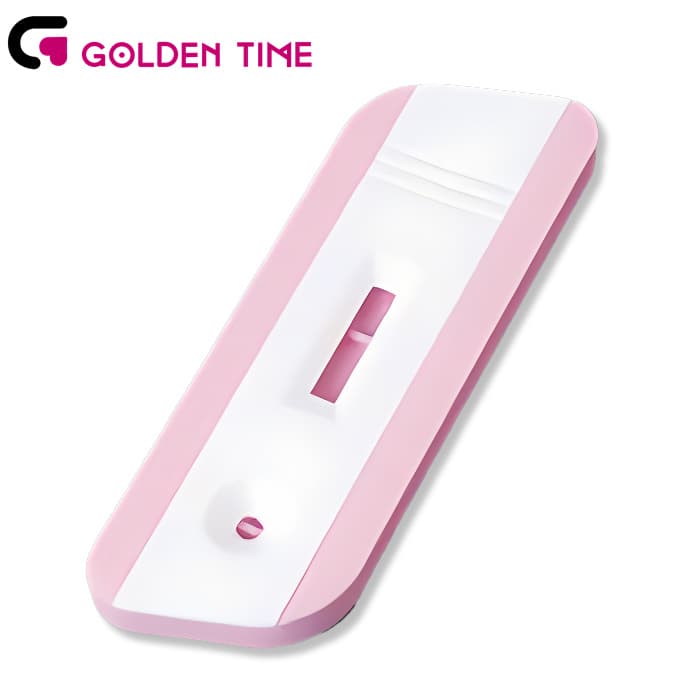Lis . 10, 2024 02:31 Back to list
Optimal Diagnostic Approach for Fecal Occult Blood Testing in Clinical Practice
The Best Diagnostic Test for FOBT Understanding the Importance of Fecal Occult Blood Testing
Fecal Occult Blood Test (FOBT) is a crucial tool in the early detection of colorectal cancer and other gastrointestinal disorders. As one of the most effective screening modalities, particularly for individuals aged 50 and older, FOBT has become an essential component of preventive healthcare. This article explores the significance of FOBT, its procedure, advantages, limitations, and how it compares to other diagnostic tests.
What is FOBT?
FOBT is a non-invasive test that detects hidden blood in the stool, which can be a sign of various health issues, including colorectal cancer, polyps, or gastrointestinal bleeding. The test is typically conducted annually as part of routine screening, especially for those at an increased risk due to family history or other factors.
The Procedure
The FOBT process is relatively straightforward. It involves patients collecting stool samples over several days and sending them to a laboratory for analysis. There are two main types of FOBT the guaiac-based test and the immunochemical test (FIT).
1. Guaiac-Based Test This traditional method requires dietary restrictions prior to testing to avoid false positives due to blood in certain foods (like red meat). It uses a chemical reaction to detect hemoglobin in the stool samples.
2. Immunochemical Test (FIT) This newer method is more specific and does not require dietary restrictions. It uses antibodies to detect human hemoglobin in the stool, making it more reliable and easier for patients to comply with.
Advantages of FOBT
One of the significant advantages of FOBT is its non-invasive nature, making it a preferred choice for patients who may be apprehensive about more invasive procedures like colonoscopies. Moreover, FOBT is cost-effective and can be performed in the comfort of one’s home, enhancing compliance rates among patients. Early detection through FOBT can lead to better treatment outcomes, as colorectal cancer is highly treatable when caught in its early stages.
best diagnostic test fobt

Additionally, recent studies have shown that regular screening tests, such as FOBT, significantly reduce mortality rates from colorectal cancer. This makes it not just a diagnostic test, but a vital preventive tool.
Limitations and Considerations
Despite its advantages, FOBT is not without limitations. A positive result does not confirm the presence of cancer; it indicates the need for further diagnostic investigations, such as a colonoscopy. Additionally, false-positive results can occur due to various factors, including dietary choices or medications. This can lead to unnecessary anxiety and additional testing.
Moreover, FOBT primarily detects blood, which may not always be present in early-stage cancer, hence missing some cases. This limitation emphasizes the need for a comprehensive screening approach. Many healthcare professionals recommend using FOBT in conjunction with other tests, such as colonoscopy or flexible sigmoidoscopy.
Comparing FOBT to Other Diagnostic Tests
When comparing FOBT with other colorectal cancer screening methods, such as colonoscopy, the differences become apparent. Colonoscopy allows for direct visualization of the colon and the opportunity to remove polyps during the procedure. However, it is more invasive, requires sedation, and can be more expensive and time-consuming.
In contrast, while FOBT is less invasive and simple, it cannot replace the need for a colonoscopy if abnormal results are obtained. The best approach often involves a combination of screening methods tailored to individual patient needs and risk factors.
Conclusion
In summary, the Fecal Occult Blood Test (FOBT) is an essential diagnostic tool in the early detection of colorectal cancer. Its non-invasive nature, cost-effectiveness, and ease of use make it an attractive option for routine screening. Despite its limitations, the benefits of early detection and prevention cannot be overstated. As healthcare professionals continue to advocate for regular screenings, individuals should stay informed about their options and maintain proactive engagement with their health. Regular FOBT screenings, coupled with further diagnostic testing when necessary, play a vital role in reducing the burden of colorectal cancer and improving outcomes for patients worldwide.
-
China Nylon Flocking Swabs - AI Enhanced Quality Collectors
NewsAug.03,2025
-
Highly Accurate hCG Pregnancy Test Strips - 5 Min Results
NewsAug.02,2025
-
Premium Empty ABS Plastic Cassettes: Durable & Lightweight Storage
NewsAug.01,2025
-
Accurate Cocaine (Coc) Rapid Test Kit | Fast & Reliable Detection
NewsJul.31,2025
-
Accurate HCG Pregnancy Test Strips | Fast Home Use Kit
NewsJul.31,2025
-
Reliable Early Pregnancy Test Kit Supplier - Multi Plastic Cassette Options
NewsJul.30,2025

